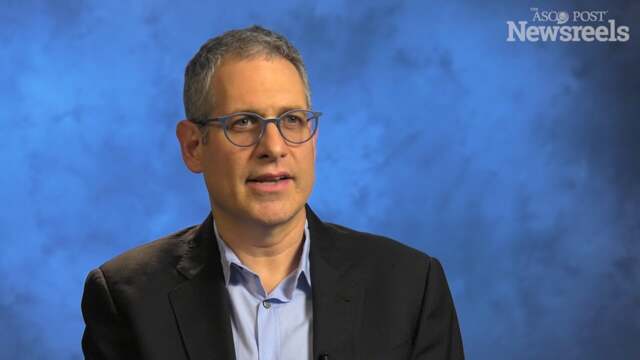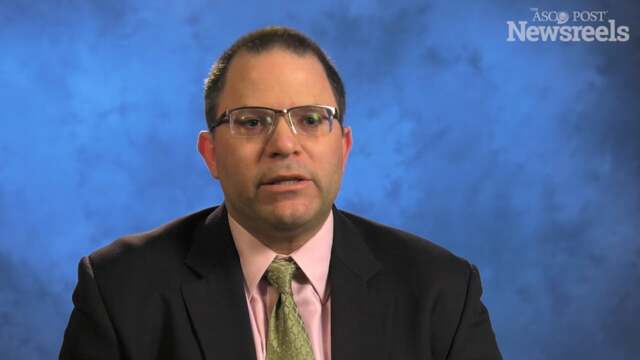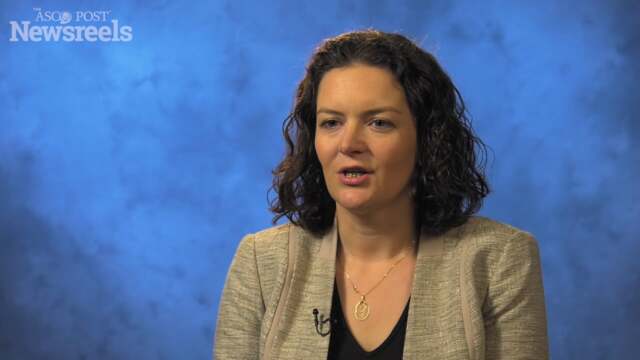Gwendolyn P. Quinn, PhD, on Underserved Cancer Patients and Survivors: Are We Listening to Them?
2017 Quality Care Symposium
Gwendolyn P. Quinn, PhD, of Moffitt Cancer Center, discusses the challenges that minority, LGBTQ, low-literacy, and underserved populations face in getting their voices heard and what it will take to change that.
Laura E. Panattoni, PhD, of the Fred Hutchinson Cancer Research Center, discusses results from a regional study on emergency department costs during cancer treatment and the need to focus on managing symptoms (Abstract 2).
Ethan M. Basch, MD, of The University of North Carolina at Chapel Hill, discusses programs—now rolling out at various institutions—that use direct patient reporting of symptoms as a part of quality assessment (Posters 61, 81; Abstract 218).
Robert S. Miller, MD, of ASCO, updates the progress of CancerLinQ and its data set, now being used by oncologists to track quality measurement and reporting.
Brian Weiss, MD, of Cincinnati Children’s Hospital Medical Center, discusses a program designed to eliminate errors in chemotherapy use among pediatric patients whose regimens incorporate multiple drugs and rigorous monitoring schedules (Abstract 37).
Julie Bryar Porter, MS, of Stanford Health Care, discusses an approach to improving patient care with physician-led quality measures from diagnosis through end of life implemented at her academic cancer center (Abstract 49).





